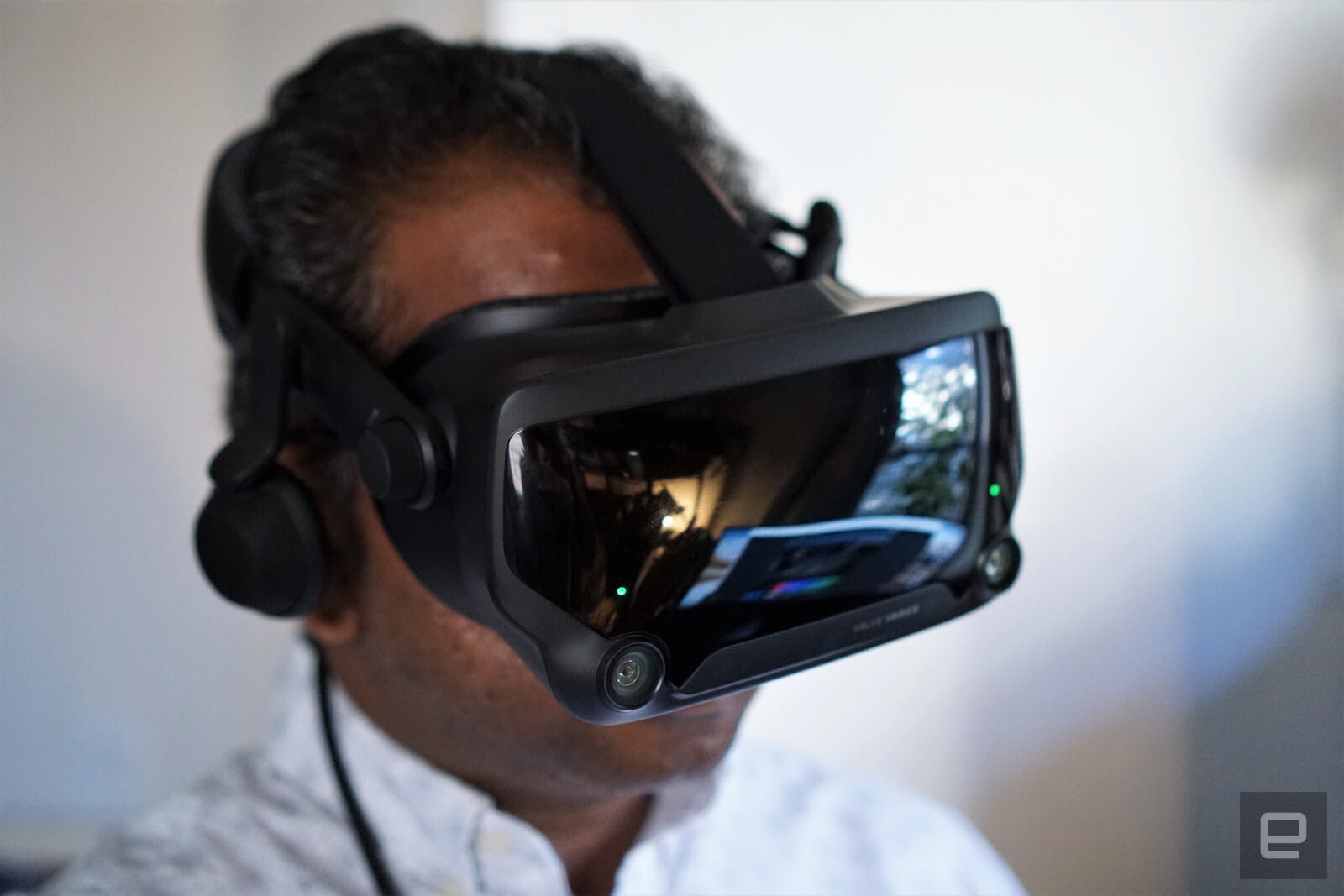 Producing realistic sound models in VR is tricky, even compared to conventional video games. You don't always know how objects will sound in a given environment or where the listener will be, and you don't have the luxury of waiting hours for conven...
Producing realistic sound models in VR is tricky, even compared to conventional video games. You don't always know how objects will sound in a given environment or where the listener will be, and you don't have the luxury of waiting hours for conven...
Faster algorithm could lead to more realistic sounds in VR
 Producing realistic sound models in VR is tricky, even compared to conventional video games. You don't always know how objects will sound in a given environment or where the listener will be, and you don't have the luxury of waiting hours for conven...
Producing realistic sound models in VR is tricky, even compared to conventional video games. You don't always know how objects will sound in a given environment or where the listener will be, and you don't have the luxury of waiting hours for conven...
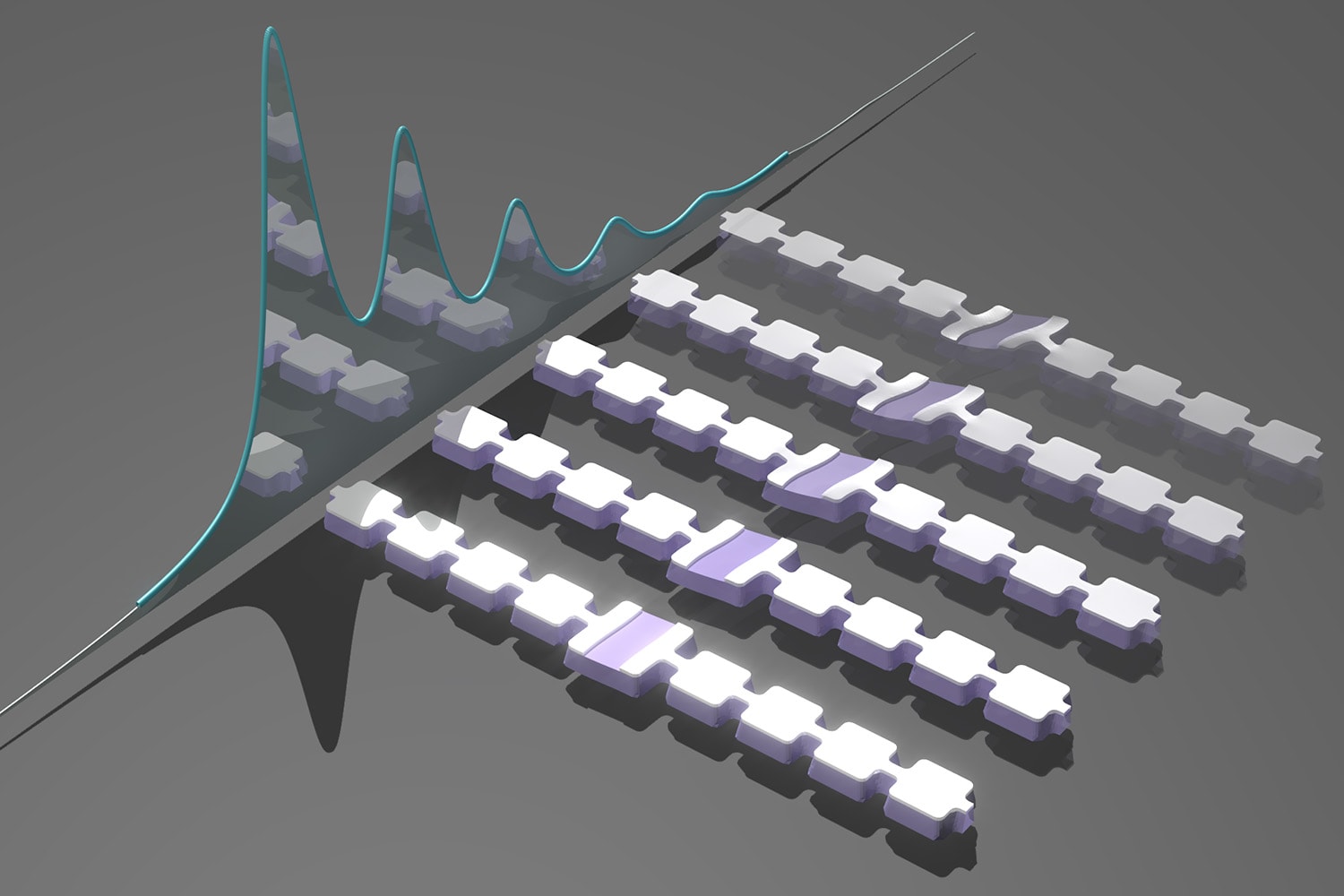 Researchers at Stanford have developed a "quantum microphone" which can detect the smallest known units of sound -- packets of vibrational energy called phonons. The device could form the basis for even more efficient quantum computers.
Researchers at Stanford have developed a "quantum microphone" which can detect the smallest known units of sound -- packets of vibrational energy called phonons. The device could form the basis for even more efficient quantum computers.
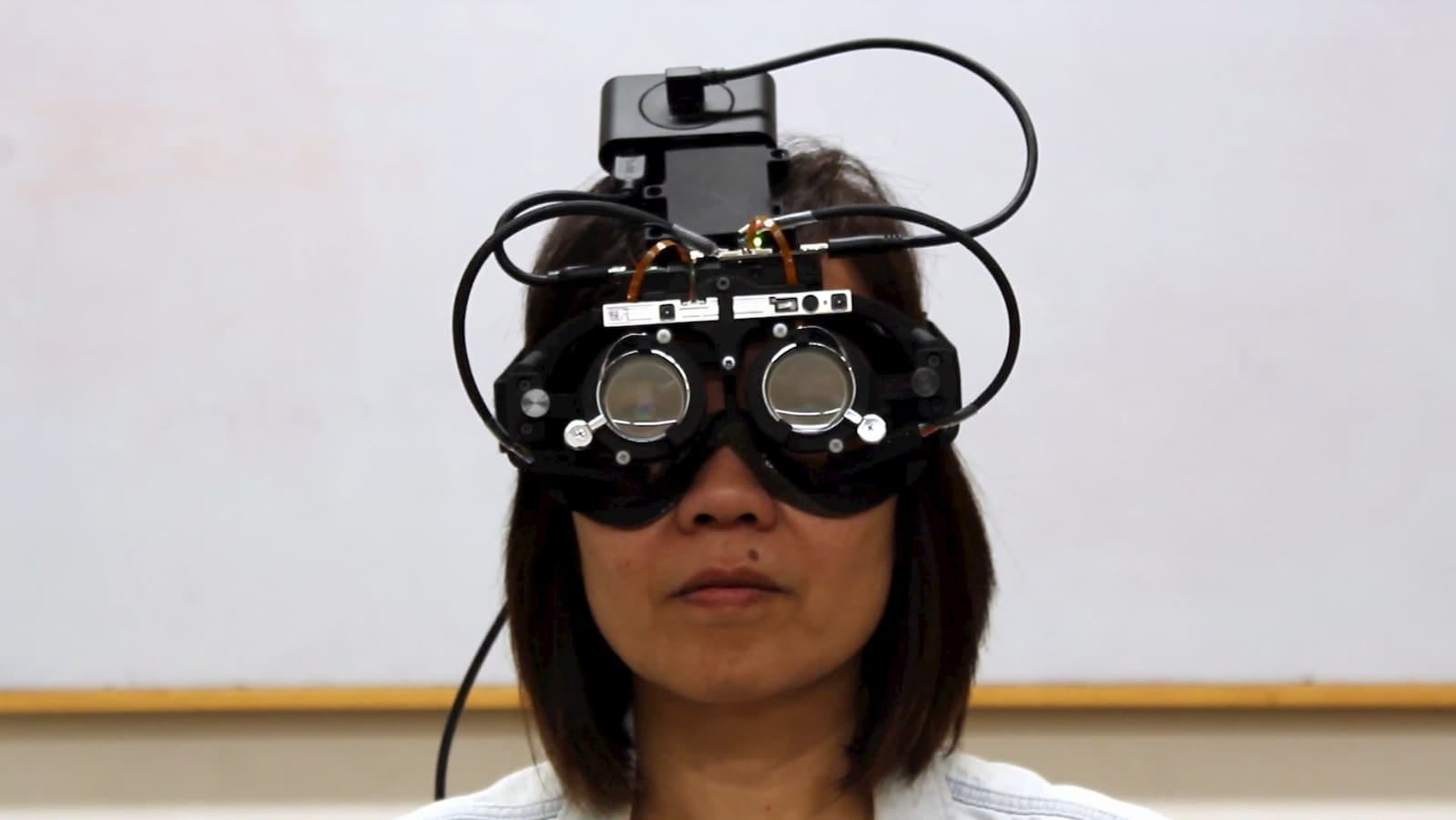 Researchers at Stanford University have created glasses that track your eyes and automatically focus on whatever you're looking at. The so-called autofocals, detailed in a paper published in the journal Science Advances, could prove a better solution...
Researchers at Stanford University have created glasses that track your eyes and automatically focus on whatever you're looking at. The so-called autofocals, detailed in a paper published in the journal Science Advances, could prove a better solution...
 Robots with dog-like talents are nothing new, but it's not exactly practical to buy one that can do more than the basics. The new Aibo is cute, for instance, but not very athletic. A group of Stanford students might have a better solution. They've...
Robots with dog-like talents are nothing new, but it's not exactly practical to buy one that can do more than the basics. The new Aibo is cute, for instance, but not very athletic. A group of Stanford students might have a better solution. They've...
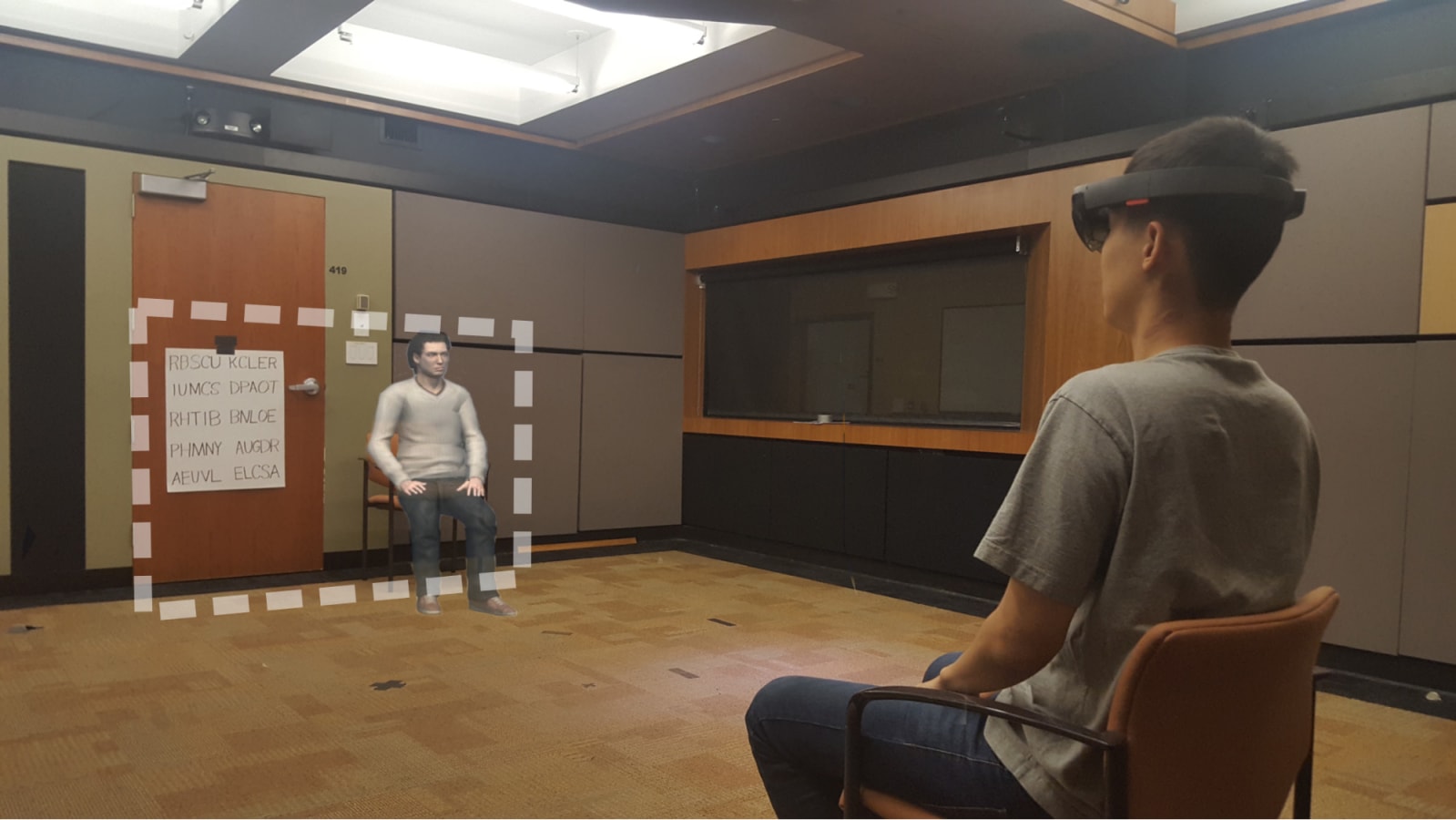 A new study from Stanford's School of Humanities and Sciences has found that augmented reality (AR) experiences significantly affect people's behavior in the real world, even after they've taken the headset off.
A new study from Stanford's School of Humanities and Sciences has found that augmented reality (AR) experiences significantly affect people's behavior in the real world, even after they've taken the headset off.
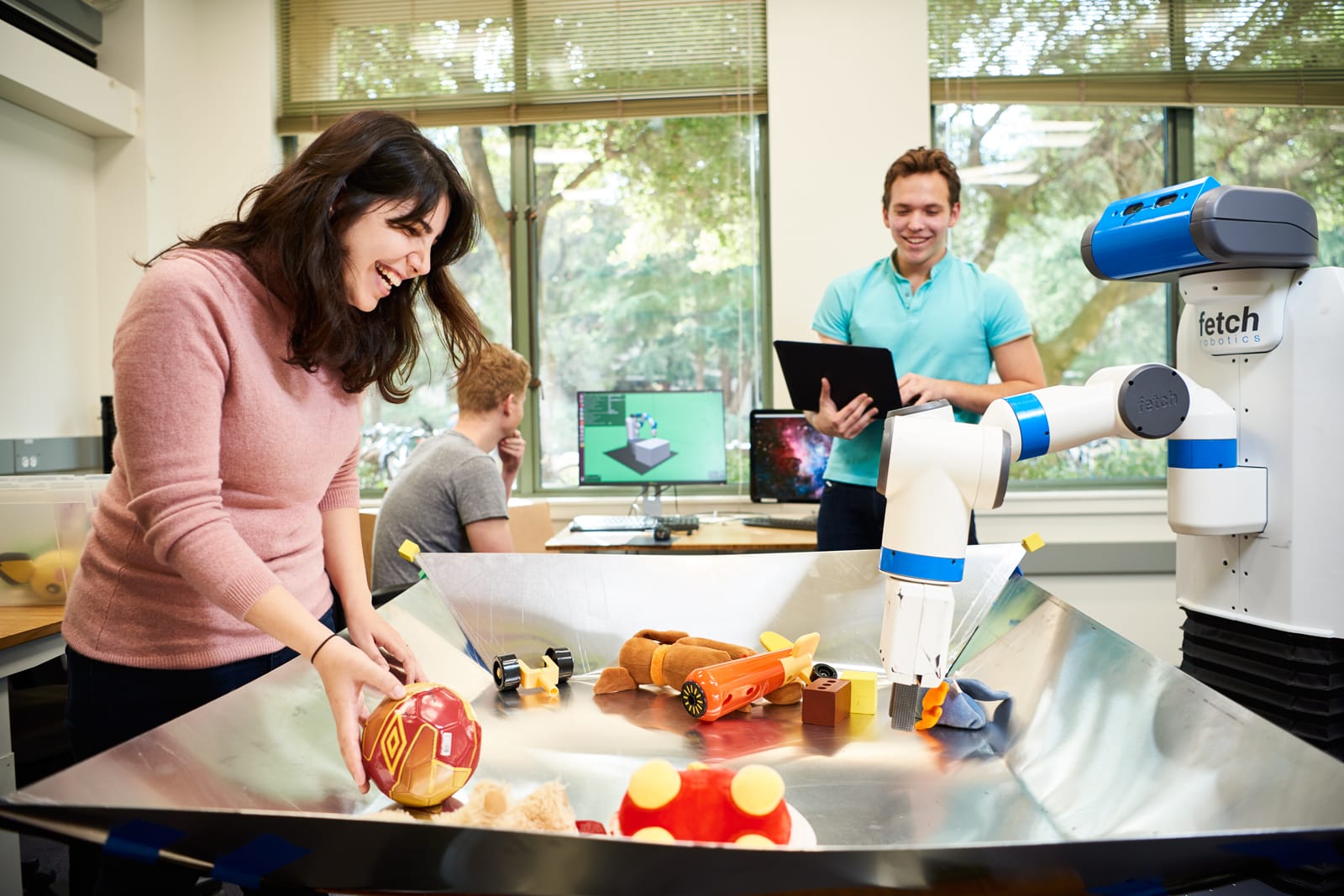 Stanford is joining the rush to create AI research hubs, albeit with a slight twist. The university is opening the Institute for Human-Centered Artificial Intelligence (HAI for short) with the goal of drawing input from across the university and acr...
Stanford is joining the rush to create AI research hubs, albeit with a slight twist. The university is opening the Institute for Human-Centered Artificial Intelligence (HAI for short) with the goal of drawing input from across the university and acr...
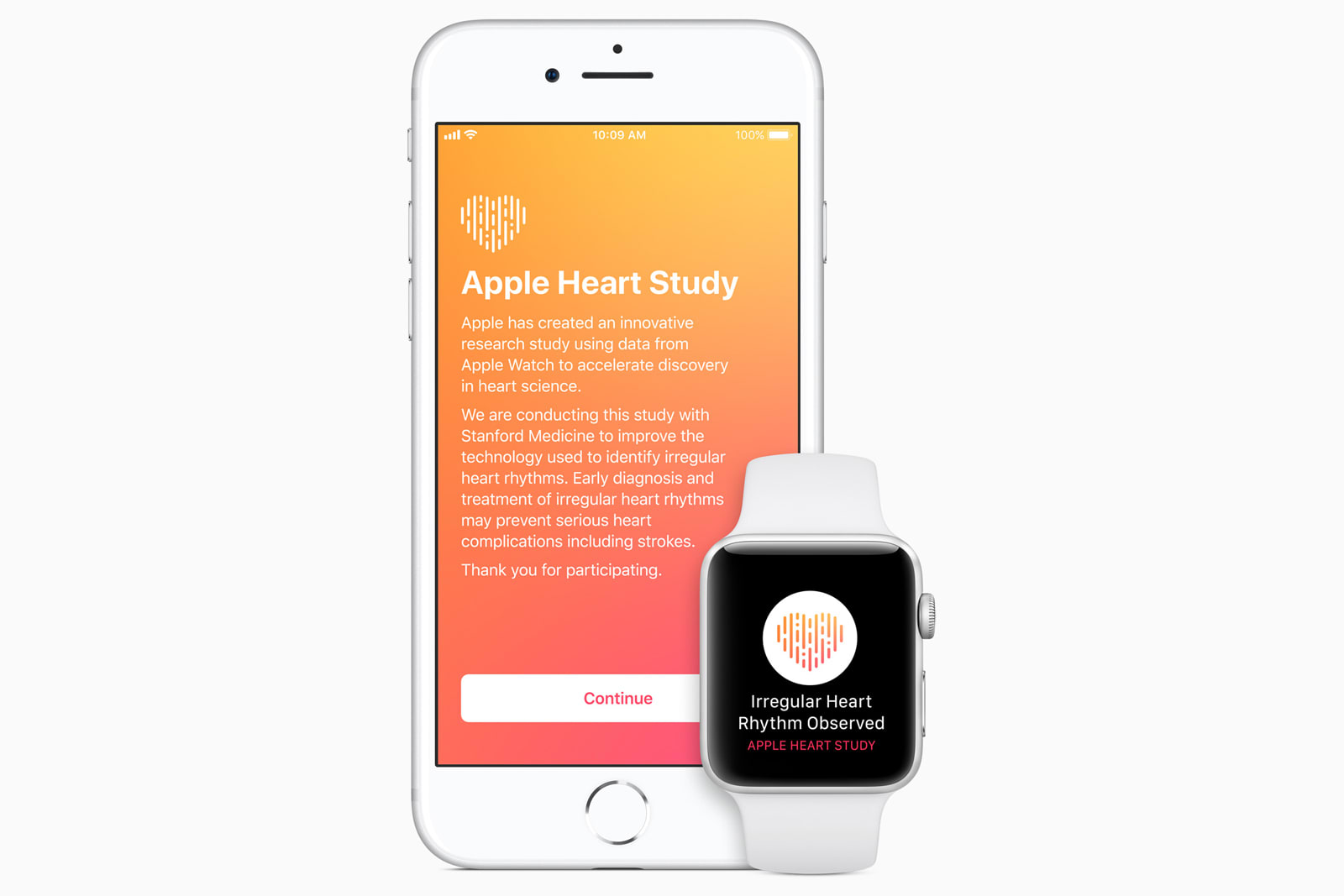 Stanford has released the results of its Apple Watch-based heart study more than a year after it began, and it appears to have been a success, with a few caveats. Only 0.5 percent of the more than 400,000 volunteers received warnings of irregular he...
Stanford has released the results of its Apple Watch-based heart study more than a year after it began, and it appears to have been a success, with a few caveats. Only 0.5 percent of the more than 400,000 volunteers received warnings of irregular he...
 You've no doubt heard anecdotal evidence of Facebook users feeling better after they've quit the social network, but how often does that help, really? A fair amount, according to researchers. A study (PDF) from New York University and Stanford show...
You've no doubt heard anecdotal evidence of Facebook users feeling better after they've quit the social network, but how often does that help, really? A fair amount, according to researchers. A study (PDF) from New York University and Stanford show...
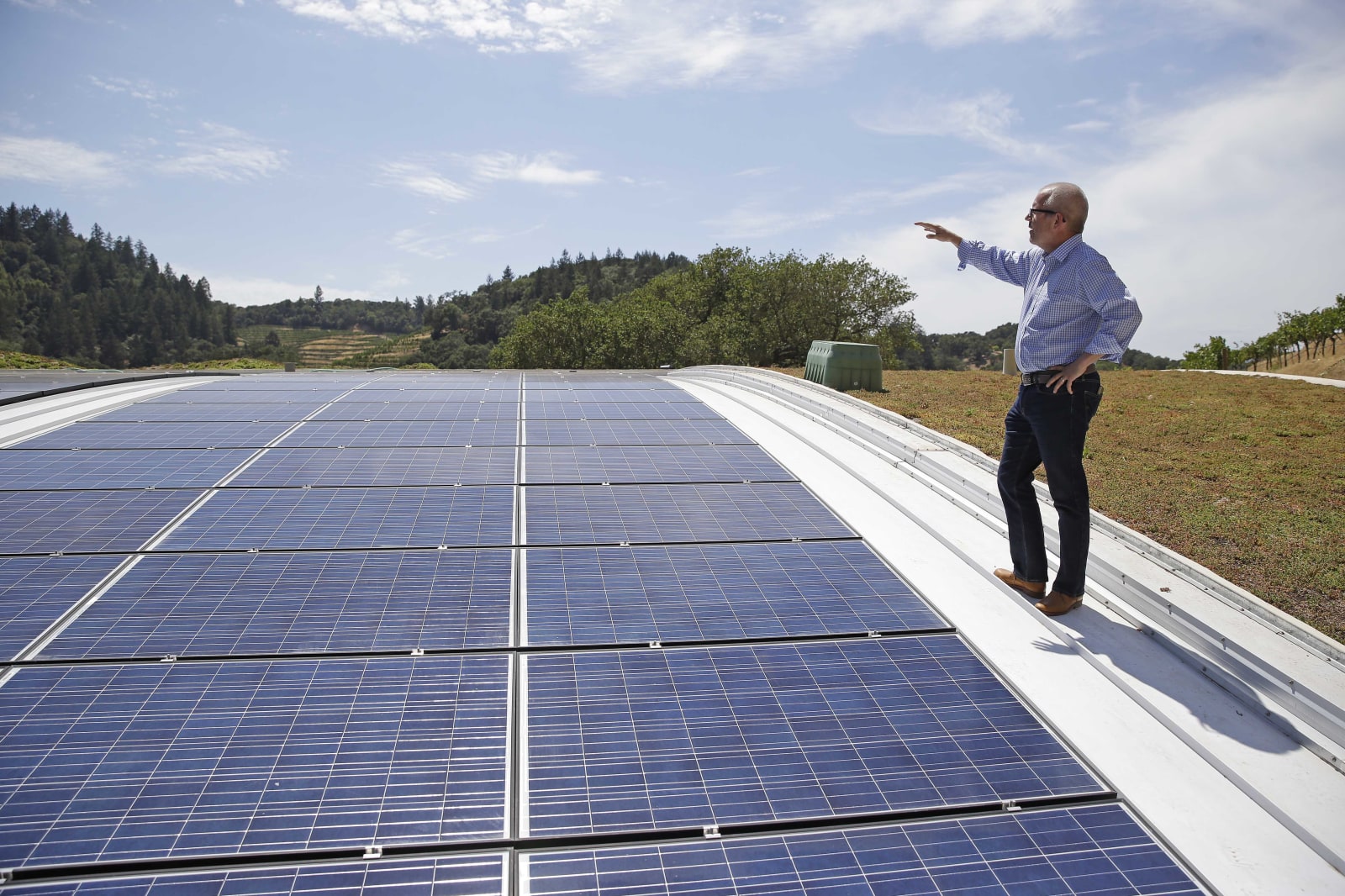 It would be impractical to count the number of solar panels in the US by hand, and that makes it difficult to gauge just how far the technology has really spread. Stanford researchers have a solution: make AI do the heavy lifting. They've crafted a d...
It would be impractical to count the number of solar panels in the US by hand, and that makes it difficult to gauge just how far the technology has really spread. Stanford researchers have a solution: make AI do the heavy lifting. They've crafted a d...
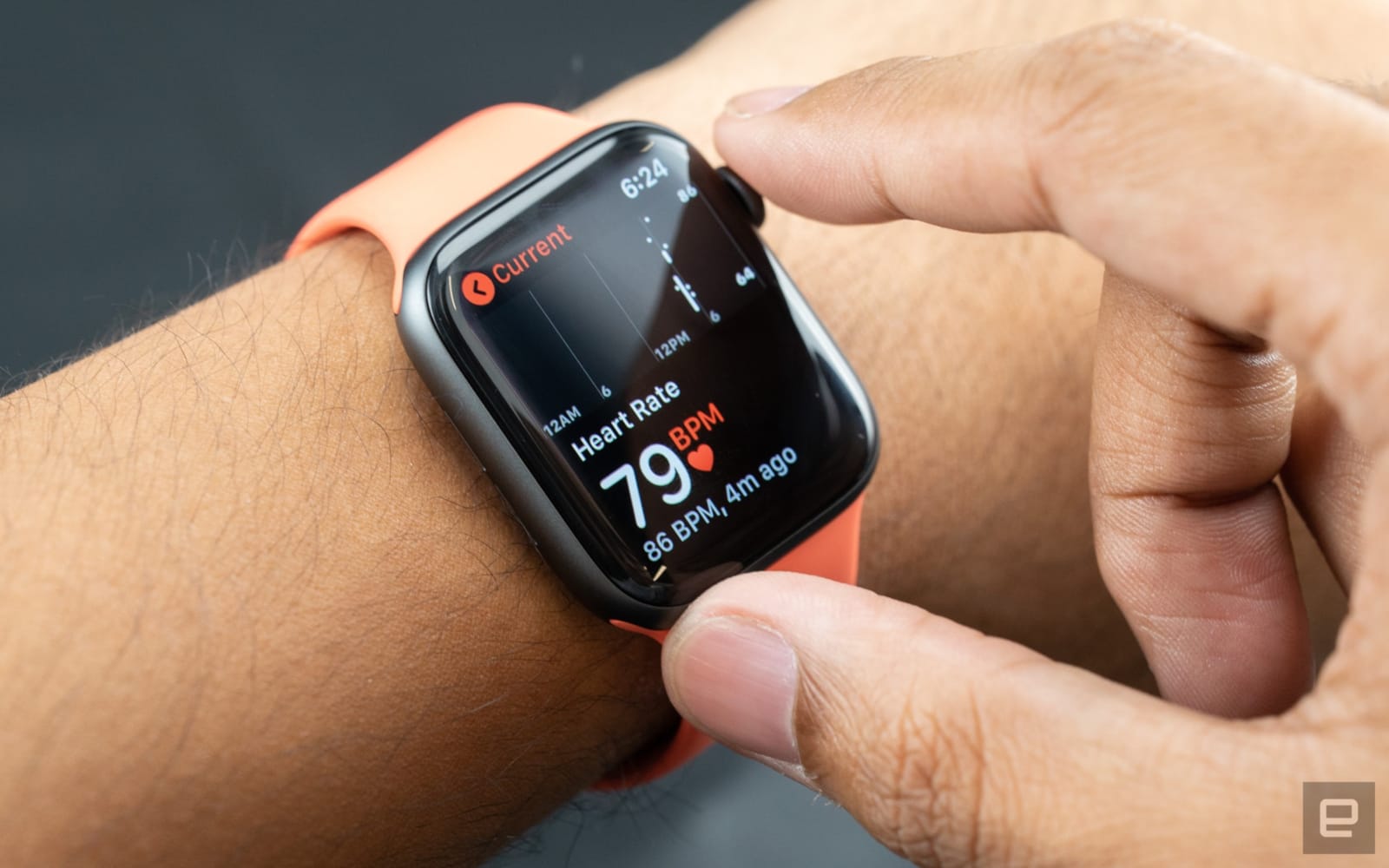 The Apple Heart Study Stanford launched back in 2017 has garnered so much interest that it was able get 400,000 volunteers. Now, the researchers have revealed the finer details about the study, including what the testers can expect. To start with, ea...
The Apple Heart Study Stanford launched back in 2017 has garnered so much interest that it was able get 400,000 volunteers. Now, the researchers have revealed the finer details about the study, including what the testers can expect. To start with, ea...